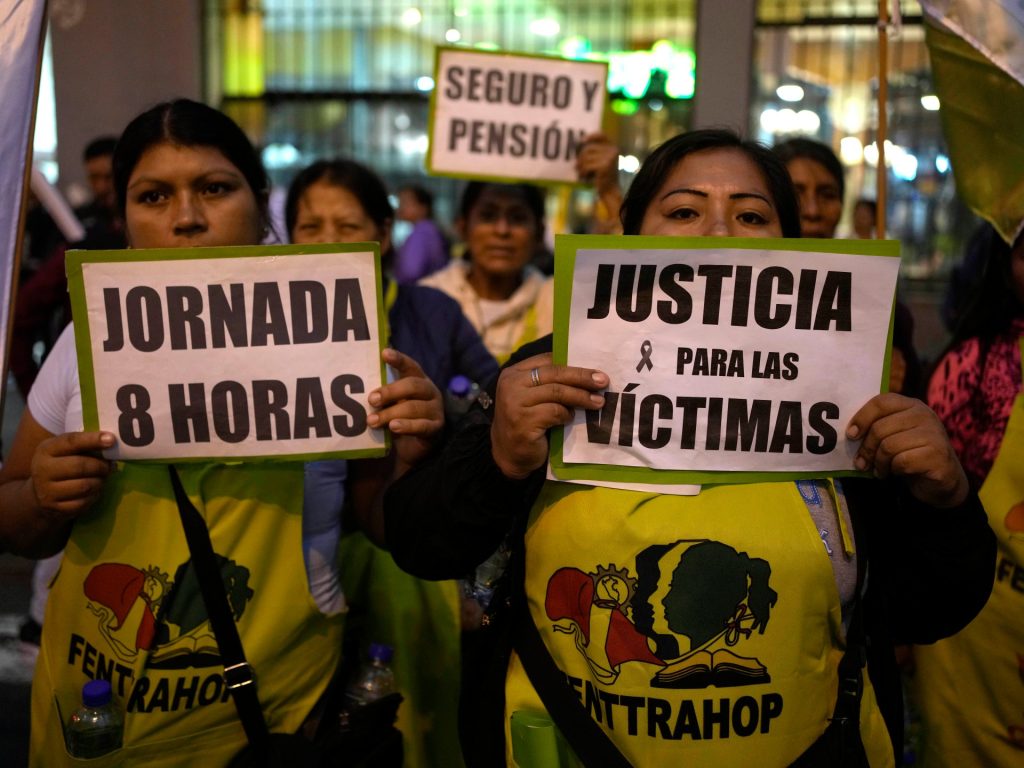The deterioration of Peruvian democracy has persisted over a year after former President Pedro Castillo was removed from office, as highlighted in a recent report from Freedom House. The crackdown on protesters, interference with judicial independence, and erosion of safeguards against corruption have led to a downgrade in Peru’s democratic rating from “free” in 2022 to “partly free” in 2023 and 2024. Institutions once able to oppose decisions by Congress now face limited power, raising concerns about the upcoming elections in 2026.
Following the impeachment and arrest of Castillo in December 2022, the political landscape in Peru grew increasingly tense. Castillo’s attempts to dissolve Congress and rule by decree were met with swift impeachment, leading to his vice president, Dina Boluarte, assuming office. Support for new elections surged among Peruvians, with Boluarte initially indicating a willingness to fast-track the process. However, Congress, with a single-digit approval rating, rejected such efforts. Boluarte has since declared her intention to remain in office until the end of her term, despite dwindling public support.
Boluarte’s government adopted a hardline stance towards protesters, categorizing them as “terrorists.” The resulting confrontations led to the deaths of at least 49 civilians, sparking international criticism and allegations of human rights abuses. While Boluarte promised investigations into the abuses, little progress has been made in holding perpetrators accountable. Subsequent protests have dwindled, with a notable decrease in civil society mobilization, possibly attributed to a combination of crackdowns and disillusionment with the political system.
Congressional actions aimed at reducing transparency and strengthening legislative interests have contributed to the erosion of democratic norms in Peru. The Constitutional Tribunal, controlled by Congress, has moved to weaken judicial oversight and allow trials of electoral court officials by legislators. These measures risk politicizing key institutions and undermining their independence. Efforts to combat corruption have also faltered under the current administration, as demonstrated by the removal of lead prosecutors in major anticorruption cases.
The political landscape in Peru remains fraught with challenges, as concerns mount over the integrity of the 2026 elections. The erosion of institutional safeguards, allegations of corruption within the government, and questionable actions by key authorities raise doubts about the future of democracy in the country. Civil society groups continue to voice their apprehensions about the trajectory of Peruvian politics, urging for stronger accountability measures and respect for democratic principles. The international community closely monitors these developments, concerned about the implications for Peru’s governance and stability in the years to come.















